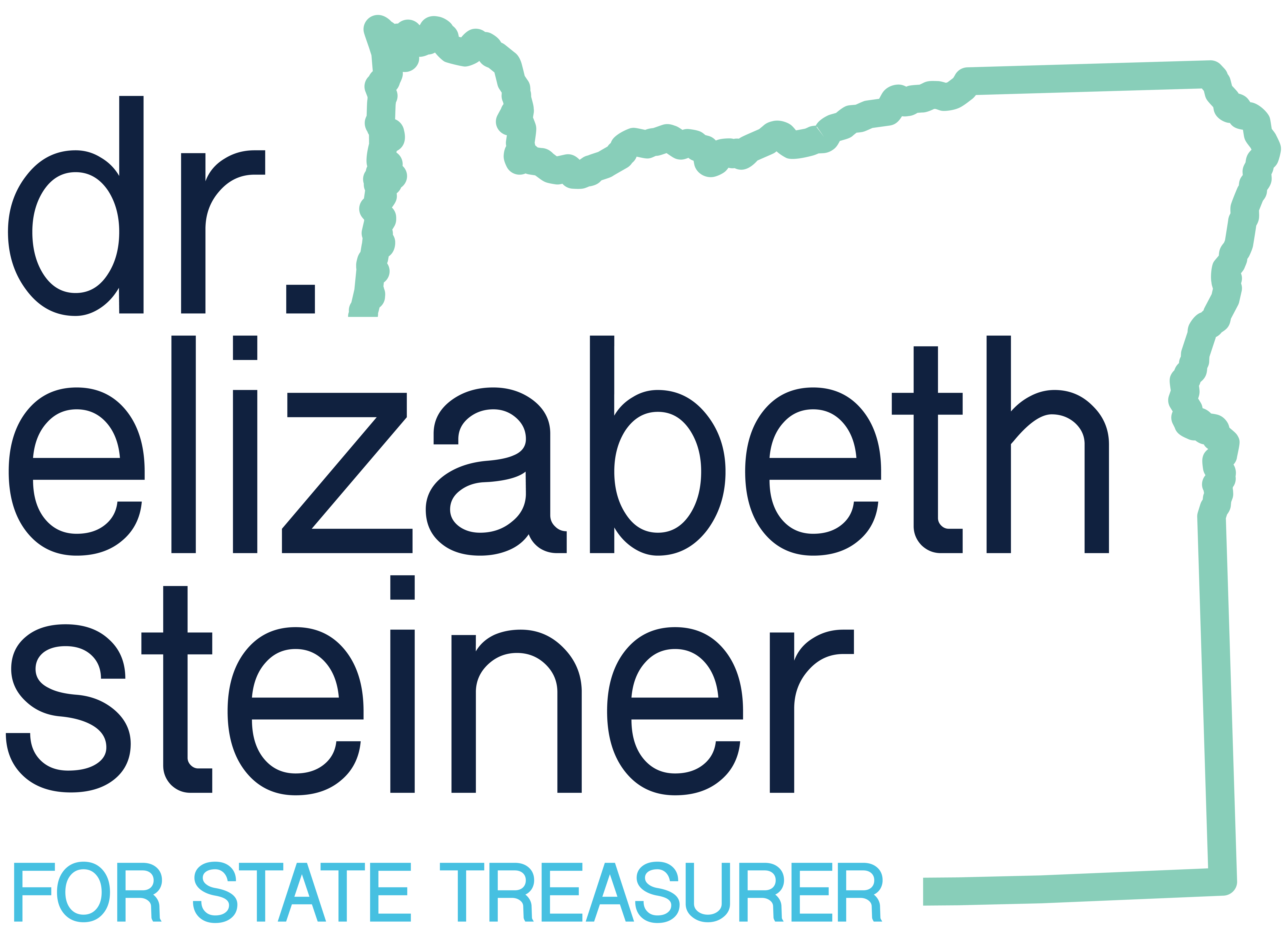Elizabeth’s Accomplishments
Senator Steiner delivers transparent, accountable, and balanced budgets that invest in the critical services we all depend on, without overspending.
Accountable Leadership: Smart Investments. Real Results.
|
Senator Steiner oversees the entire Oregon state budget as Co-Chair of Ways & Means. Since 2018 when she became one of Oregon’s chief budget writers, Steiner has increased funding for critical services like healthcare and public education while preserving a balanced budget and growing Oregon’s reserves. Under her watch, she has prioritized smart investments in proven programs, including:
|
Promoting A Healthier Oregon
Dr. Steiner ran for office with the goal of making Oregon the healthiest state in the nation. Using her over 30 years of experience as a family physician, she has championed numerous innovative policies and investments to support the health of Oregon children and families, including:
|
